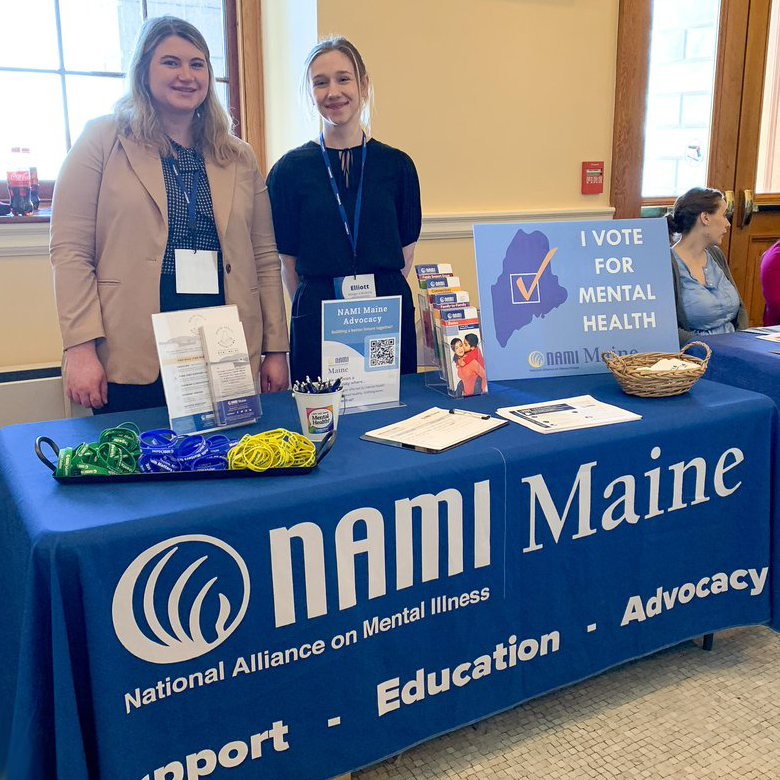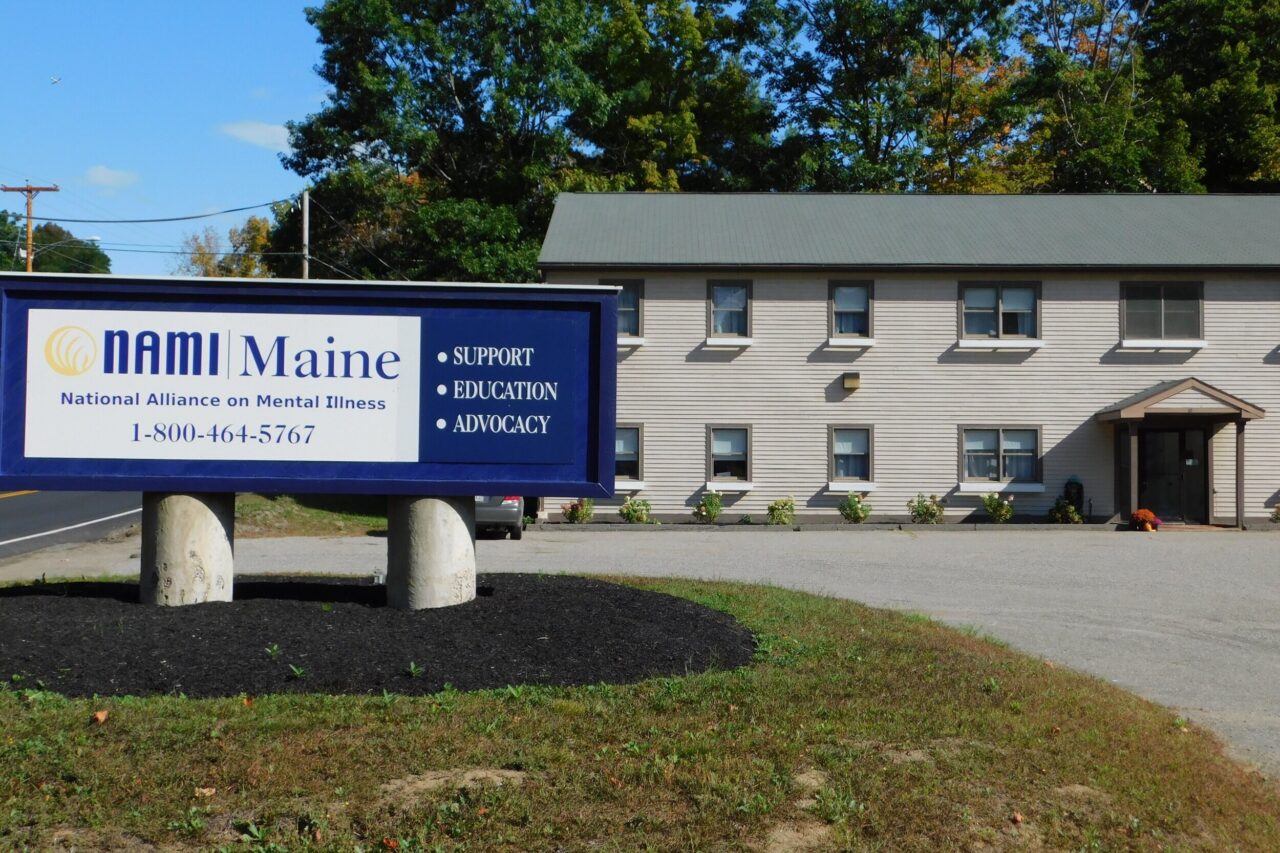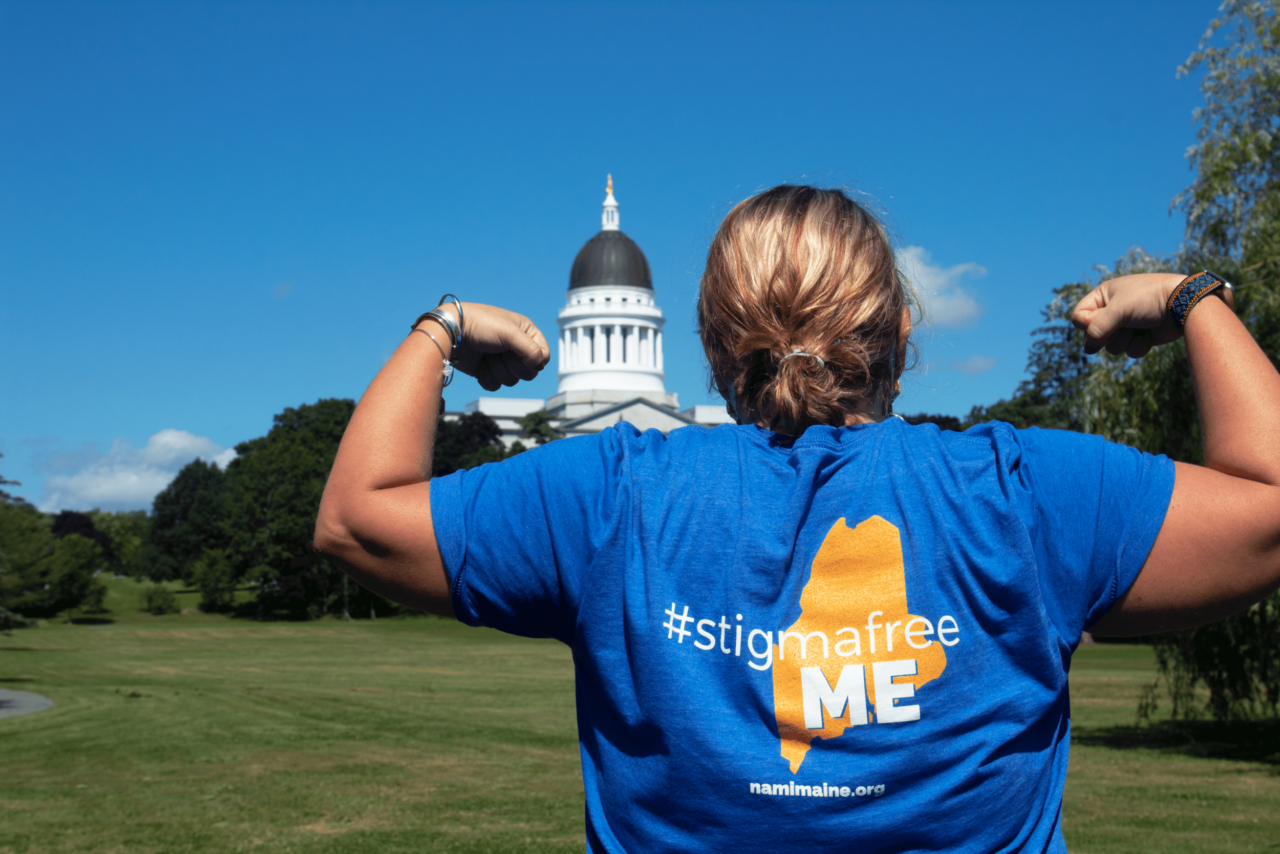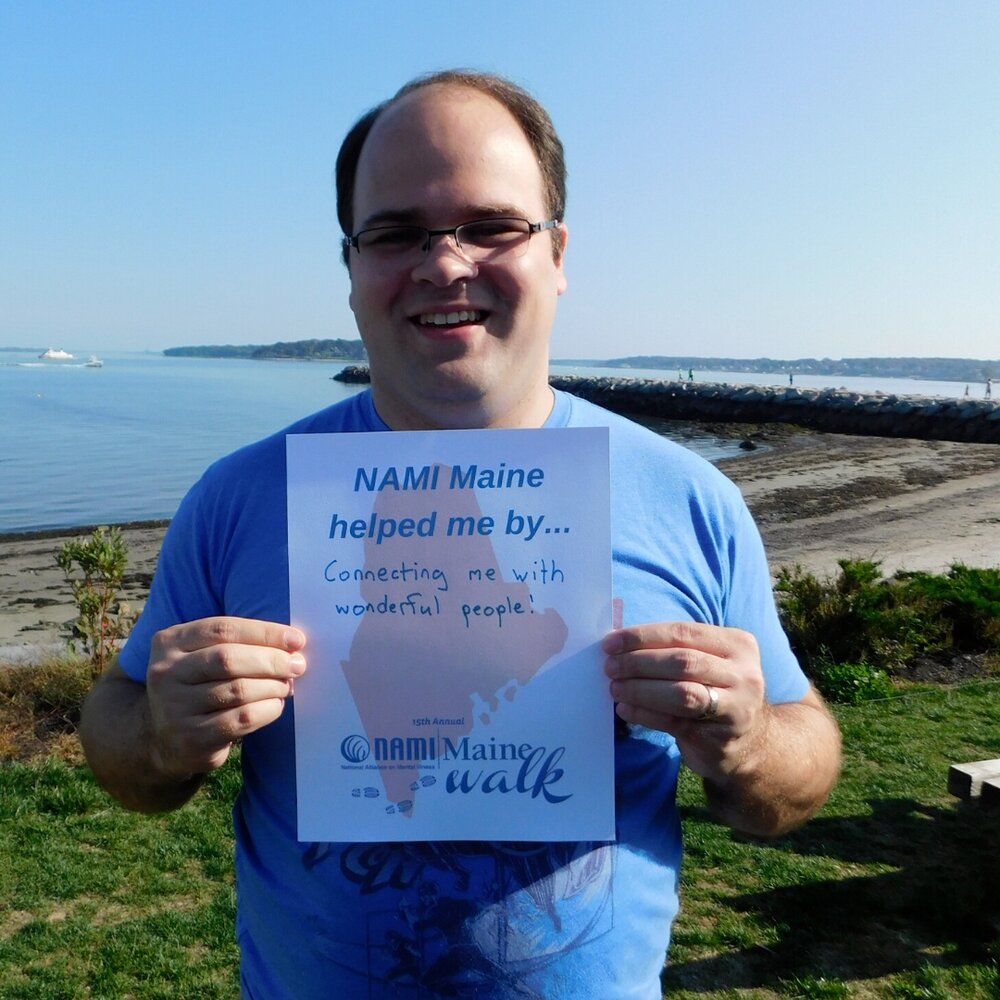In Healthcare Settings

Suicide Prevention in a Primary Care Setting
Primary care providers are a natural resource people turn to when they are not doing well. Providers see individuals who are experiencing suicidal ideation in the weeks/months prior to an attempt, at a much greater rate than do mental health professionals. Because of this, they are an excellent gateway to assessing and intervening with someone who is at risk. There are, however, many issues providers face in integrating suicide prevention efforts into the work they do, including being properly training on clinical assessment and recognizing a potentially suicidal client. The Maine Suicide Prevention Program, working in partnership with the Maine Medical Association, works to bring suicide prevention initiatives to healthcare settings in the state. For more information, contact Clinical Director Greg Marley at gmarley@namimaine.org or (800) 464-5767 x 2302.

Suicide Assessment Training For Clinicians
The ability to conduct an effective suicide risk assessment is a vital skill for people working in clinical settings with people at risk. The knowledge and skills needed are often not adequately addressed in academic training. This workshop builds knowledge about suicide trends in high risk populations across the lifespan and takes participants through the steps of a suicide risk assessment interview, intervention, treatment, and use of resources. The training closely adheres to the comprehensive suicide management system of the Zero Suicide Initiative. Material is presented on elements of risk assessment, intervention, determination of level of care, use of Collaborative Safety Planning, and referral and follow-up needs. This training is designed for those working in clinical roles in mental health, schools and health care who need more in-depth resources and information in order to assess suicide and manage risk.
The risk assessment is guided by using the Columbia Suicide Severity Rating Scale (C-SSRS) which will also be featured in the training.
Attendees are eligible for medical CME credit.

Use of Collaborative Safety Planning in Healthcare Settings

Best practice recommendations for addressing and managing suicide risk in healthcare settings include use of a good assessment tool for determining risk and guiding intervention. A vital next step is the collaborative development and use of a Safety Plan to help an individual to recognize signs of a crisis and to manage themselves during periods of increased risk. A Safety Plan is a tool and a process for working with a patient and potentially their family to identify and increase the use of coping skills, social and family supports and professional resources. It is often used with people at increased risk for suicide, but is an excellent tool for use with anyone at risk for escalating crisis. This session will provide the tools and process for implementing safety planning as one tool in a comprehensive suicide prevention strategy.
Prerequisite: Prior training in suicide prevention is recommended.
Appropriate For:
-
Providers
-
Clinicians
-
Nurses
-
Others working directly with patients at elevated risk for suicide

Offered for School Personnel or in a Healthcare Setting
Non-suicidal self-injury (NSSI) is the direct, deliberate destruction of body tissue in the absence of suicidal intent. It has been on the rise over the past 2 decades. Among youth and young adults, it is frequently an issue of concern in education, health and behavioral health settings. Though usually not a suicidal act, there is significant connection between self-injury and suicide risk that must be understood and addressed.
This training will review demographics, risk factors and warning signs of self-injury as well as recommendations for assessment, intervention and management of self-injury. Introduction to NSSI protocol development and implementation will be offered as well as resources to support professional staff to address assessment and ongoing treatment needs.
*This training is recommended for nurses, behavioral health clinicians and other professional staff working in educational or healthcare settings. Additional resources on the topic of Non-Suicidal Self-Injury:
The Cornell Research Program for Self-Injury Recovery: Excellent information for family members & professionals on a wide range of self-injury topics
Adolescent Self Injury Foundation: Provides education, prevention tips, and resources for self-injurious adolescents and their families
Please reach out to us for additional assistance as needed.


LUNCH & LEARN
The Suicide Prevention Lunch and Learn is an onsite delivered educational session addressing suicide prevention and management issues in a healthcare practice setting. It follows the national best-practice model Zero Suicide initiative. The session is typically 60 minutes for non-clinical staff or 90 minutes for clinical staff and includes elements of assessment and safety planning. These sessions are designed to be offered over a lunch period or at the beginning or end of the work day
The lunch and learn presentation addresses:
-
Beliefs about suicide and appropriate language,
-
Statistics on suicide trends in Maine and the US,
-
Suicide attempts and non-suicidal self injury
-
Risk Factors, Protective Factors and Warning signs for suicide
-
Introduction to tools for intervention and management
-
Suicide screening using the C-SSRS tool
-
The use of Collaborative Safety Planning
-
Structuring proactive follow-up for a patient at risk
-
The needs of survivors of suicide loss.
To learn more or arrange for a Lunch and Learn session for your practice. Contact Sue Kring at Maine Medical Association, or Amanda Bouffard at NAMI Maine.


For Healthcare Organizations or Other Businesses Where a Suicide Loss has Been Experienced
The loss of a patient, a client or a co-worker to suicide significantly impacts the people in your organization connected to that person and everyone aware of the loss. The thoughtful provision of support and resources helps people address their grief needs and assists the organization to return to normal operations. A few people may be deeply impacted and need further support. NAMI Maine can work with you to help plan for the support and resources you need to address the needs of grieving staff and clients. We are available to consult on your needs, provide support and resources and suggest referrals for additional needs as indicated.
Resources for Support:

For assistance in developing suicide prevention awareness skills in your practice, please contact Suicide Prevention Coordinator at (800) 464-5767 x 2318 or email mspp@namimaine.org.









